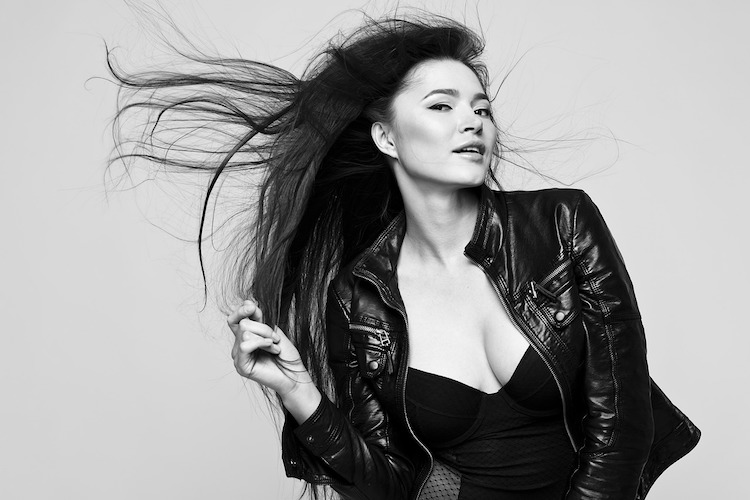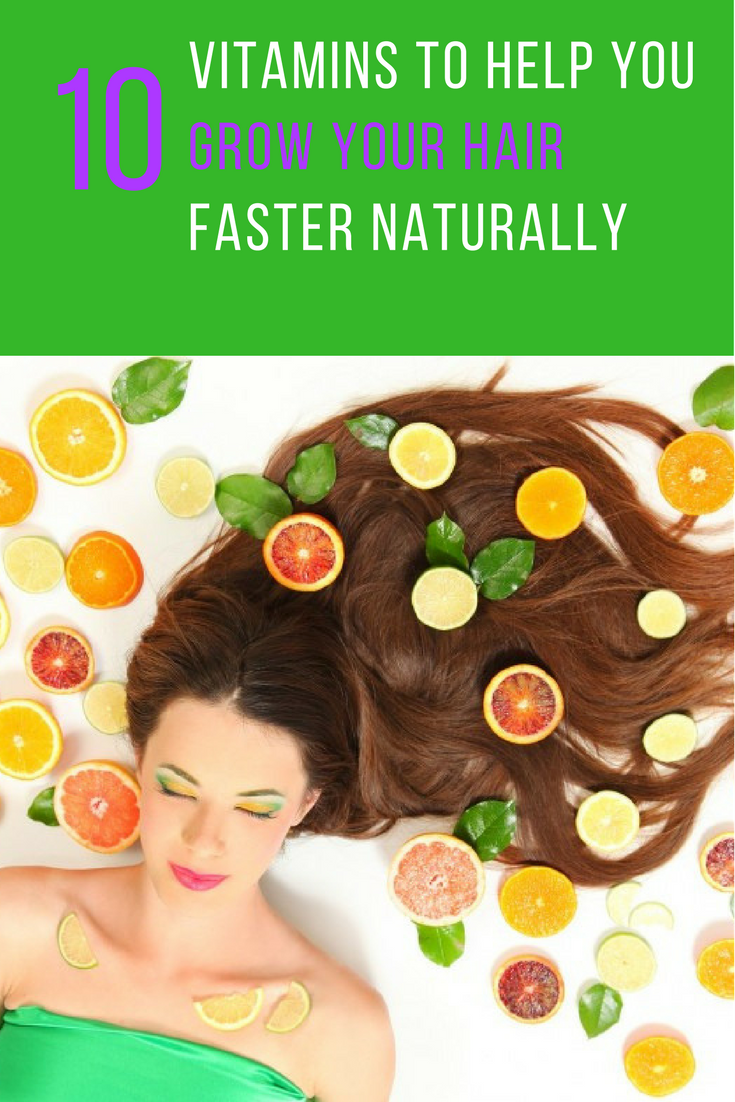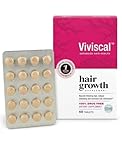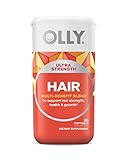
[adinserter block=”1″]
Thick, shiny hair is a sign of good health. If your hair is thin or lacking luster, vitamins can help you improve the quality of your tresses. Poor nutrition is one of the leading causes of hair loss.
To achieve the shiny, lustrous hair of your dreams, it’s important to consume vitamins that combat the causes of hair loss, ranging from hormonal changes to environmental toxins.
Here are 10 of the best vitamins for hair growth.
[adinserter block=”4″]

Zinc
If you want healthy hair, you need healthy hair follicles. Zinc is one of the best ways to improve follicle function. It helps keep the protein structure of the follicle strong and intact, which prevents the follicular weakening that leads to shedding and hair loss.
Zinc promotes scalp health as well. As conditions like dandruff and dermatitis can lead to hair loss, a healthy scalp environment is a must for thick, healthy hair. Zinc may also help keep hormone levels in check.
Biotin
Biotin, or Vitamin B7, is the gold standard of hair growth vitamins. That’s because it promotes the physical processes that lead to healthy hair growth.
When Biotin combines with cell enzymes, it creates amino acids, which in turn creates keratin. This boosts the keratin infrastructure of the hair, leaving Biotin users with thick, bouncy locks.
Take a look at this informative video on Biotin for hair growth!
Vitamin A
If you have a dry, flaky scalp, it can negatively impact your hair. Vitamin A may be the antidote to your scalp woes. This vitamin helps regulate sebum production in the scalp. This keeps the scalp from drying out, which leads to flakes, itchiness, and irritation.
As vitamin A is also essential cell growth, it also impacts the health of the hair strands. Without enough vitamin A, hair becomes brittle and thin, and it doesn’t grow quickly.
[adinserter block=”2″]
Vitamin C
You probably associate Vitamin C with healthy immune function, as it’s often prescribed to ward off colds and flu. It can also promote healthy hair. That’s because Vitamin C helps to create collagen, a type of protein integral to the structure of hair.
Vitamin C also provides the body with antioxidant protection. This means that it helps to prevent free radical damage and ward off environmental toxins. A lack of antioxidants can lead to brittle hair that’s prone to breakage and split ends. Vitamin C is a must for strong, resilient hair.
Iron
Iron performs many tasks in the body. For example, it helps to transport oxygen, which optimizes the body’s functions. It even leads to healthier, stronger hair. According to Huffpost, iron deficiencies have been known to hair loss.
That’s because when the body isn’t getting enough iron, it goes into survival mode. It uses the available supply of iron to transport oxygen to the most vital parts of the body. The hair isn’t at the top of the list.
If you experience other signs of iron deficiency, like anxiety, headaches, shortness of breath, and irregular heartbeats, you should start taking an iron supplement.
Fish Oil
Fish oil supplements have many benefits, ranging from heart health to mental acuity. The fatty acids found in fish oil are also great for the hair. They help to nourish and strengthen the hair, and they can also help to prevent dandruff and other damaging scalp conditions.
That’s because fish oil helps reduce inflammation. If your hair loss is caused by scalp irritation, taking fish oil supplements will help to soothe the scalp and add luminosity to your strands.
Vitamin E
Vitamin E is often recommended to people who want to improve their skin. The principles behind its skin boosting powers, like antioxidant protection and improved circulation, also apply to hair. This vitamin’s antioxidant properties help to build new tissues and repair damaged ones.
This promotes strong hair and a healthy scalp environment. Vitamin E boosts blood circulation as well. When the hair isn’t getting enough oxygen, it becomes brittle and breaks off. A healthy dose of vitamin E ensures that each strand is getting its daily dose of oxygen, which in turn boosts new hair growth.
Niacin
Biotin isn’t the only type of vitamin B that assists with hair growth. Niacin, or vitamin B3, is also great for the hair. This vitamin is instrumental in blood circulation, and it helps to transport oxygen and nutrients to the scalp and hair. Without Niacin, the hair might not get the nutrients it needs to stay healthy, strong, and thick.
Magnesium
Without magnesium, the body suffers. Low magnesium levels have been linked to all sorts of ailments, ranging from chronic fatigue to osteoporosis. Magnesium also plays a key role in hair health. When the follicles aren’t getting enough magnesium, the hair shafts start to weaken.
This can lead to hair loss, and, in extreme cases, balding. To ensure that your hair follicles are stable and strong, make sure to take a daily magnesium supplement.
Vitamin D
Vitamin D deficiency is surprisingly common. The body naturally produces vitamin D when exposed to the sun, but during the winter, it can be hard to get the enough of this essential vitamin.
If you’re vitamin D levels are too low, turn to supplements to give your follicles a boost. Vitamin D helps to promote healthy follicle growth, which in turn leads to strong, healthy locks.
Vitamin D deficiencies most frequently cause hair loss in women. Other signs of deficiency include depression, muscle pain, and impaired wound healing.
Final Thoughts
If you want thicker, longer hair, you may need to change your diet or supplement regimen. More often than not, unexplained shedding or hair loss is the result of a vitamin or nutrient deficiency.
You don’t have to try all ten of these vitamins at once. Take a look at your diet and vitamin regimen, and try to identify deficiencies that could potentially lead to thinning hair.
Then start a healthy regimen of the supplement of your choice, whether that includes zinc, vitamin D, or iron. You know your hair can be beautiful—so give vitamins a try!




